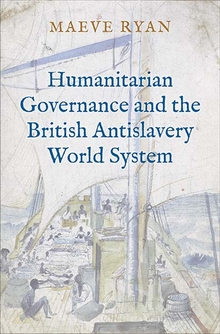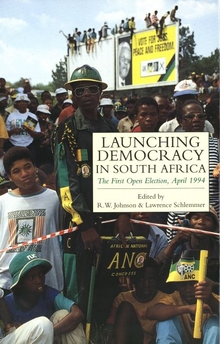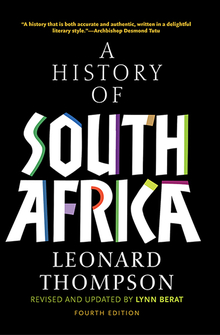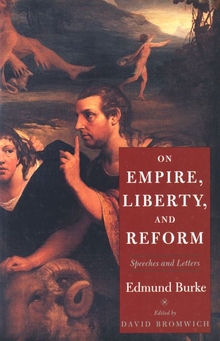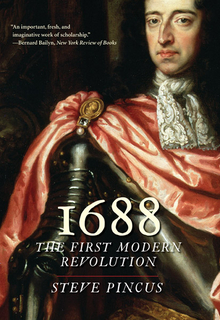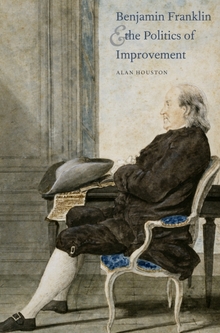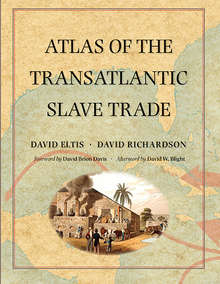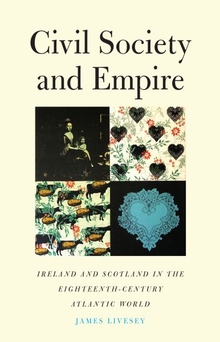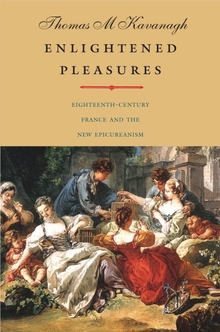Freedom’s Debtors
WARNING
You are viewing an older version of the Yalebooks website. Please visit out new website with more updated information and a better user experience: https://www.yalebooks.com
British Antislavery in Sierra Leone in the Age of Revolution
Padraic X. Scanlan
A history of the abolition of the British slave trade in Sierra Leone and how the British used its success to justify colonialism in Africa
British anti-slavery, widely seen as a great sacrifice of economic and political capital on the altar of humanitarianism, was in fact profitable, militarily useful, and crucial to the expansion of British power in West Africa. After the slave trade was abolished, anti-slavery activists in England profited, colonial officials in Freetown, Sierra Leone, relied on former slaves as soldiers and as cheap labor, and the British armed forces conscripted former slaves to fight in the West Indies and in West Africa.
At once scholarly and compelling, this history of the abolition of the British slave trade in Sierra Leone draws on a wealth of archival material. Scanlan’s social and material study offers insight into how the success of British anti-slavery policies were used to justify colonialism in Africa. He reframes a moment considered to be a watershed in British public morality as rather the beginning of morally ambiguous, violent, and exploitative colonial history.
British anti-slavery, widely seen as a great sacrifice of economic and political capital on the altar of humanitarianism, was in fact profitable, militarily useful, and crucial to the expansion of British power in West Africa. After the slave trade was abolished, anti-slavery activists in England profited, colonial officials in Freetown, Sierra Leone, relied on former slaves as soldiers and as cheap labor, and the British armed forces conscripted former slaves to fight in the West Indies and in West Africa.
At once scholarly and compelling, this history of the abolition of the British slave trade in Sierra Leone draws on a wealth of archival material. Scanlan’s social and material study offers insight into how the success of British anti-slavery policies were used to justify colonialism in Africa. He reframes a moment considered to be a watershed in British public morality as rather the beginning of morally ambiguous, violent, and exploitative colonial history.
Padraic X. Scanlan is an assistant professor of international history at the London School of Economics and Political Science and a research associate at the Joint Centre for History and Economics at the University of Cambridge.
ISBN: 9780300217445
Publication Date: October 24, 2017
Publication Date: October 24, 2017
320 pages, 6-1/8 x 9-1/4
10 b/w hafltones, 2 maps
10 b/w hafltones, 2 maps


